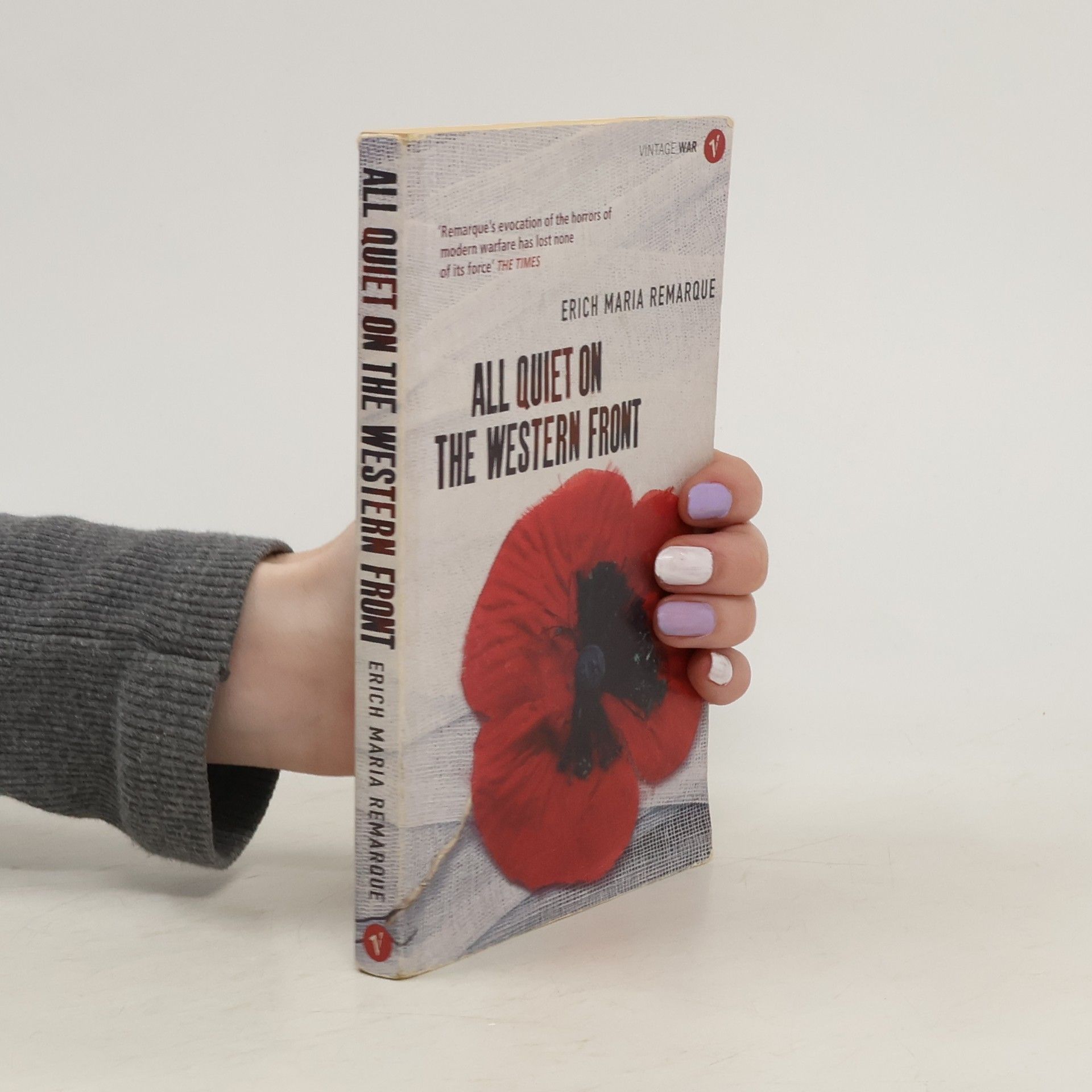All quiet on the western front
- 224 pages
- 8 hours of reading
The greatest novel about the First World War and an international bestseller.In the trenches, one by one the boys begin to fall...In 1914 a room full of German schoolboys, fresh-faced and idealistic, are goaded by their chauvinistic schoolteacher to troop off to the "glorious war". With the fore and patriotism of youth they sign up. Their disenchantment begins during the brutal basic training and then, as they board the train to the front, they see the terrible injuries suffered on the front line - their first glimpse of the reality of war.There are some books that should be read by every generation... Remarque's story of the German trench soldiers of the 1914-18 war gains even more authority in the context of the loss of life in wars that still rage from Bosnia to Kashmir - Chris Searle


